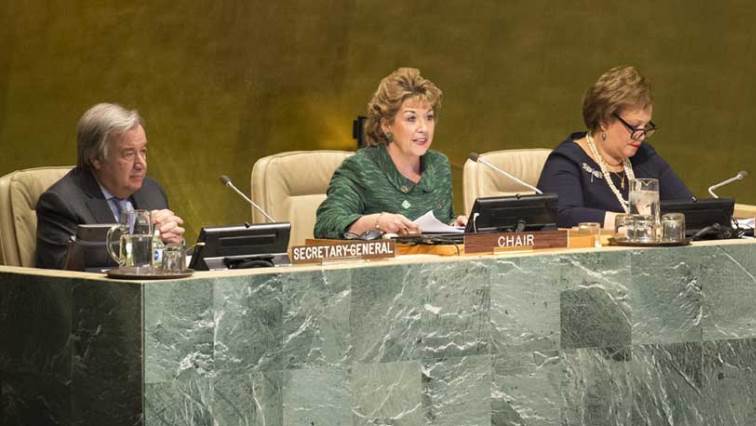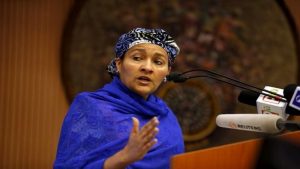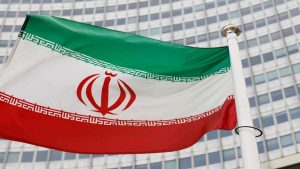The progress for women and girls means changing the unequal power dynamics that underpin discrimination and violence. That was the message of the United Nations Secretary General Antonio Guterres at the opening of the 62nd session of the Commission of the Status of Women that is focused on achieving gender equality and the empowerment of rural women and girls.
Thousands of delegates representing a cross section of governments and civil society were also reminded that at the current rates of implementation it will take over 200 years to achieve parity.
It’s an annual pilgrimage by the delegates to New York. With the focus squarely on ensuring that rural women are not left behind in the implementation of the Sustainable Development Goals.
UN Secretary General Antonio Guterres says: “Progress for women and girls means changing the unequal power dynamics that underpin discrimination and violence. This is not only the greatest human rights challenge of our time. It is also in everyone’s interests.”
“Discrimination against women damages communities, organizations, companies, economies and societies. That is why all men should support women’s rights and gender equality. And that is why I consider myself a proud feminist.”
Worldwide one-third of women are employed in agriculture making up to 60% of workforce.
They are often treated as informal sector workers with little or no social protections. Globally, just 13% of women own the land they work.
Only 20% of rural women have access to clean drinking water compared to 68% or their urban counterparts.
Half of all rural women have no basic literacy in developing countries.
UN Women’s Phumzile Mlambo-Ngcuka says:”It has never been so urgent to hold ourselves, to hold leaders accountable to their promise of accelerating progress.”
“Today as we open this year’s commission we should use this forum as the most timely opportunity to secure and accelerate the much need progress, build a consensus and share the best practice that allows the commission to serve the poorest of the poor with urgency and maximum accountability to those who need it most.”
“This is a tipping point moment; it is a time to take action that responds to the size of the problem faced by women who live in the rural areas.”
South Africa’s delegation is led by Women’s Minister Bathabile Dlamini who’s expected to address the commission on Tuesday.






